Mission-Focused, Holistic Strategy Aims to Increase Army Agility
U.S. Army leaders agree the way forward is through a fundamental cultural shift—a shift that needs to be inclusive of both strategic and tactical sides for a more holistic strategy based on mission objectives and operational needs.
“The hybrid of G-3 and G-6, this is our future of how we are approaching this,” said Brig. Gen. Jennifer Buckner, USA, director of cyber, electronic warfare and information operations, Department of the Army G-3/5/7. “The fact that G-3 is in those conversations, that the Army leadership considers those an integral part of readiness is a fundamental change to how it is we go about business in the Army. This is no longer just about IT and the network. It’s about operational applications of what they do from a readiness standpoint.”
Conversations at the AFCEA Belvoir Chapter’s Industry Days centered on the increasingly urgent need for modernization and movement to the cloud.
“Some may say the Army is taking too long. Well, sometimes it’s OK to not be an early adopter. That is a benefit that industry brings,” said Col. Nora Marcos, USA, chief of staff for the Army's Network Cross-Functional Team.
Why the cloud? Technology is driving us there, answered Col. Marcos. When it comes to different models, public versus private and hybrid, solutions should be based on risk assessments, she said.
“What the cloud means is decision making,” said Jennifer Graziano, IT Governance and Cybersecurity, U.S. Army. “There’s opportunities in the cloud and there’s challenges. We have to think deliberately. The key that we’ve been missing is the context. If we break our mission sets up and secure them based on their mission focus, you can provide the right controls, and when we do that, you can become more agile and adaptive.”
Graziano outlined examples such as critical manufacturing and order fulfillment that should be in a private rather than a public cloud. However, there is huge opportunity to put information about medical research, for instance, in a public cloud where everyone can benefit from access to shared data.
Major concerns from a user perspective include usability, accessibility and cost. Different models meet different warfighting mission functions, such as intelligence, business and IT as a commodity. When considering which cloud to adopt, one size does not fit all, Col. Marcos shared.
“We do financial data transactions all the time,” Col. Marcos said. “With logistics data, we do transactions all the time. So what is a cost model that enables that? What about static data that needs to remain secure? Industry may have the best solution that works commercially, but that doesn’t mean it works for the Army that is doing transactions all the time.”
It’s critical for industry to understand the mission sets, speakers said. The key is having the right requirements. Army leaders would like to write better requirements: not as technically focused, making them more about the functional activities, enabling agile acquisition.
“Industry is doing some things we need to take advantage of that will fundamentally change the doctrine,” said Gen. Buckner. “The doctrine is too constraining, so we want to flip the model, put the kit in the hands of our soldiers and have them find a completely different way and throw the doctrine out the window.”
Providing that industry perspective, Stephanie Chenault, chief technology officer, Corvus Consulting, suggested making key investments in those solutions that are long cycle and are change resistant. “Whether they be infrastructure, processes or people, they don’t change very rapidly, so one of the key investments you can make in any infrastructure is inclusive of those humanities and skillsets you need to foster a good engineering environment. Set these foundations, then let technologies take off in beautiful elegant and unanticipated directions,” she advised.
Col. Marcos emphatically added, “If we’re not doing what we can to stay relevant and current, it’s not fair to the nation. Our national security demands it, so we need to demand it.”
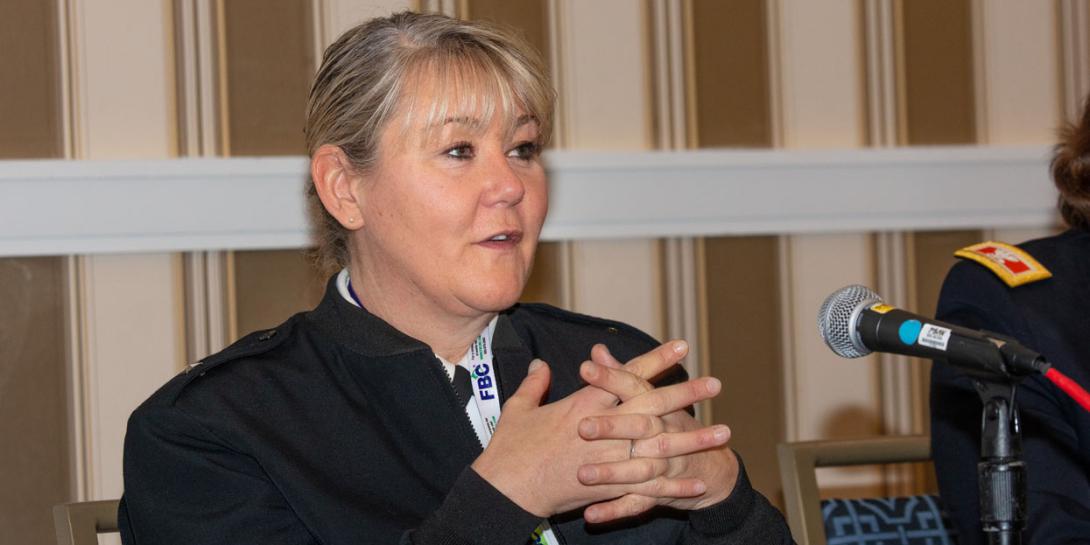
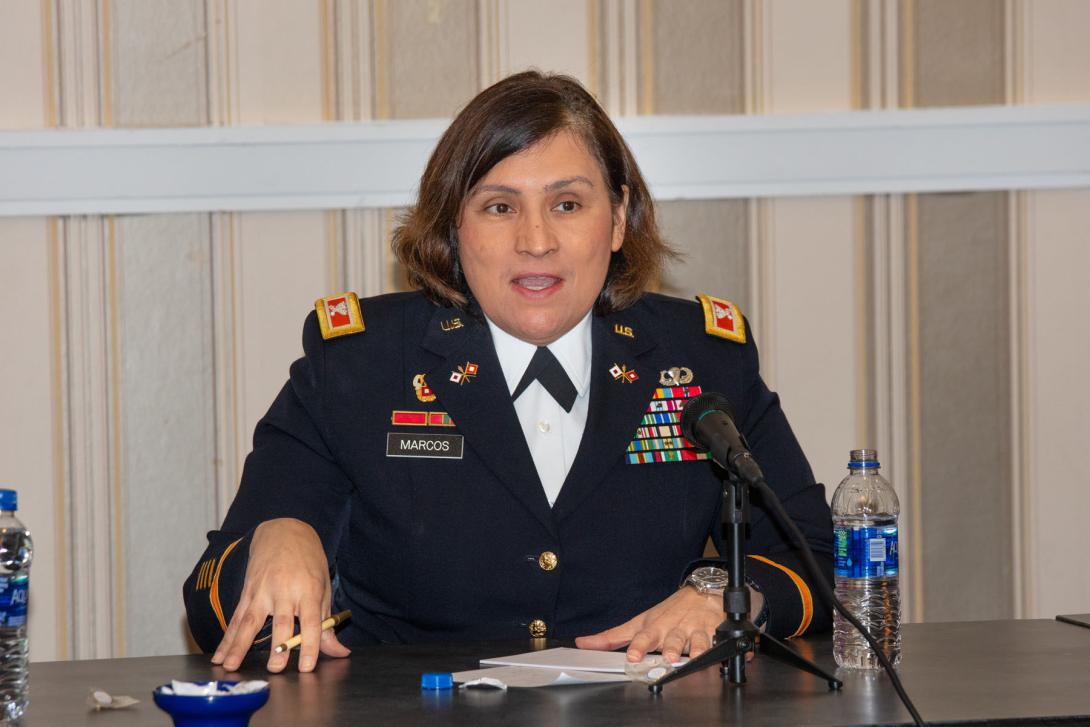
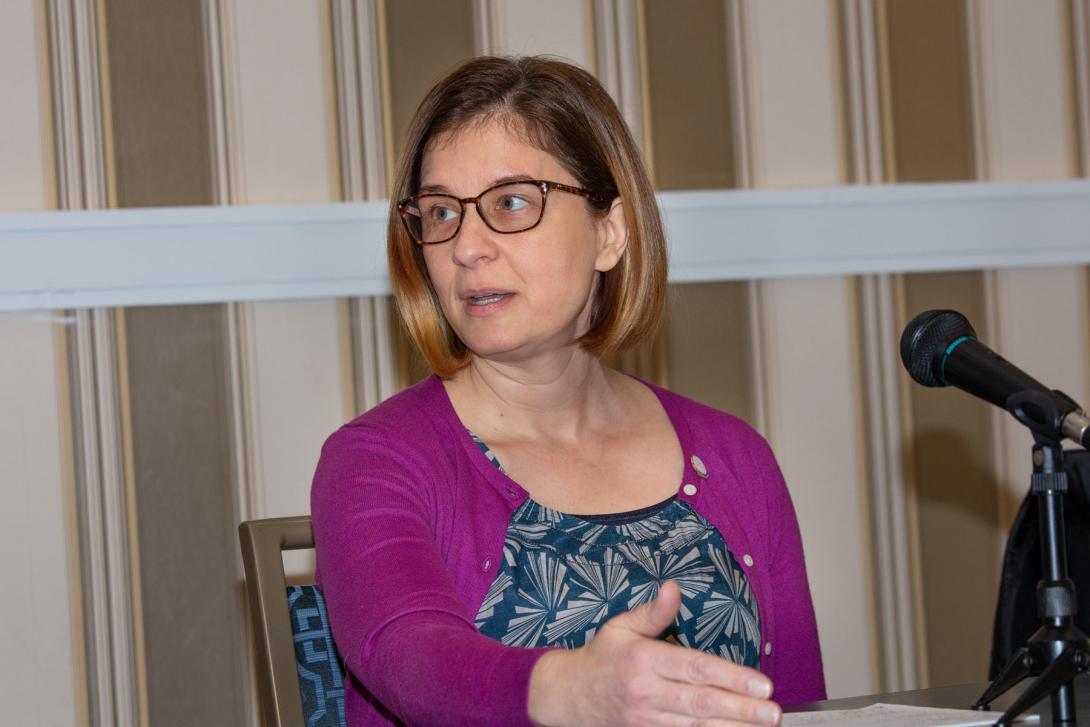
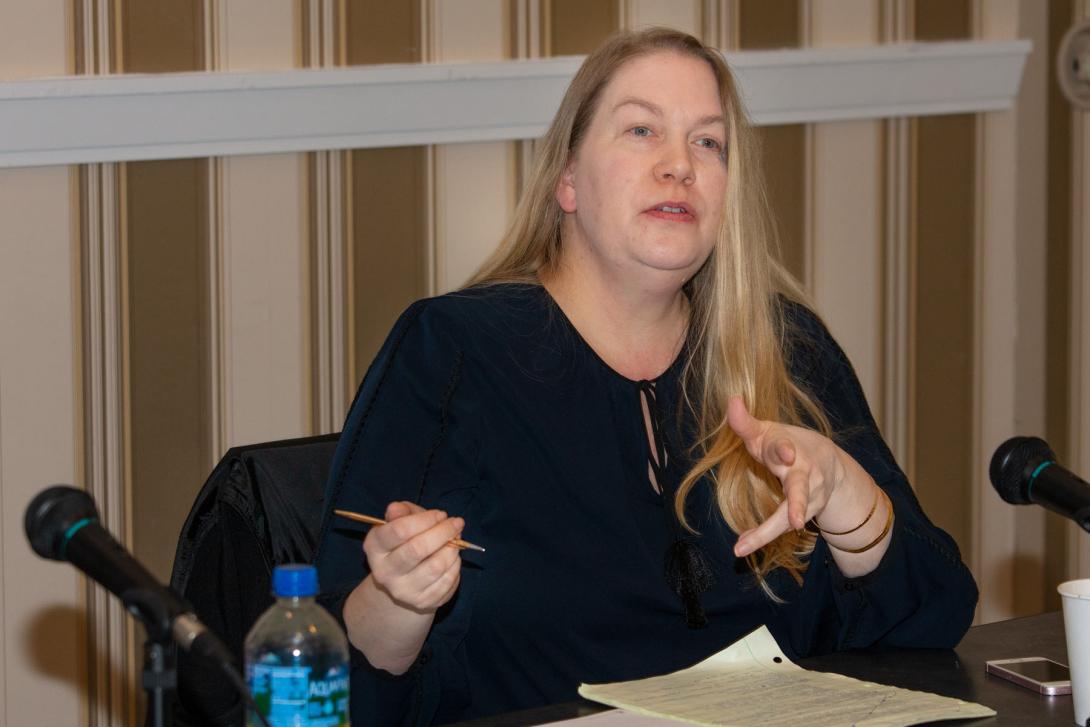
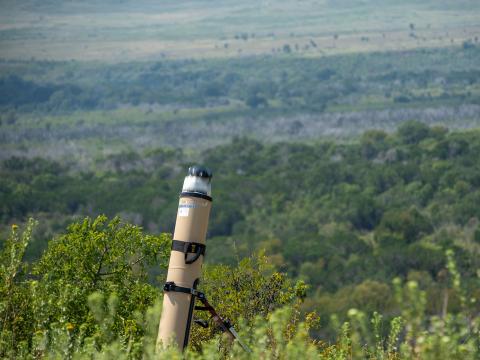
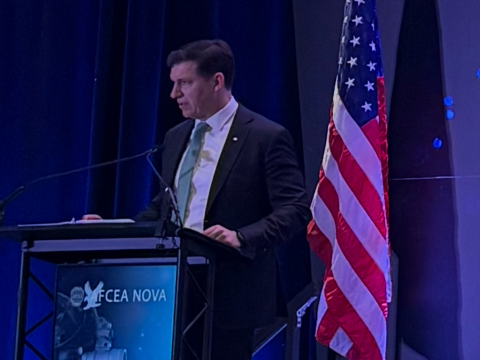
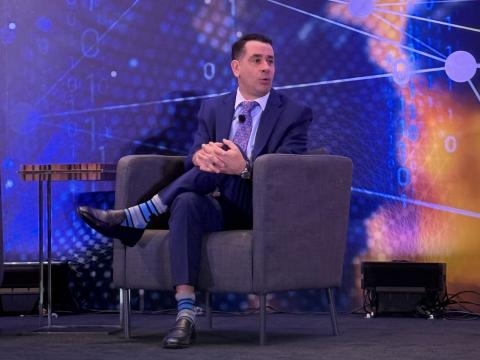
Comments